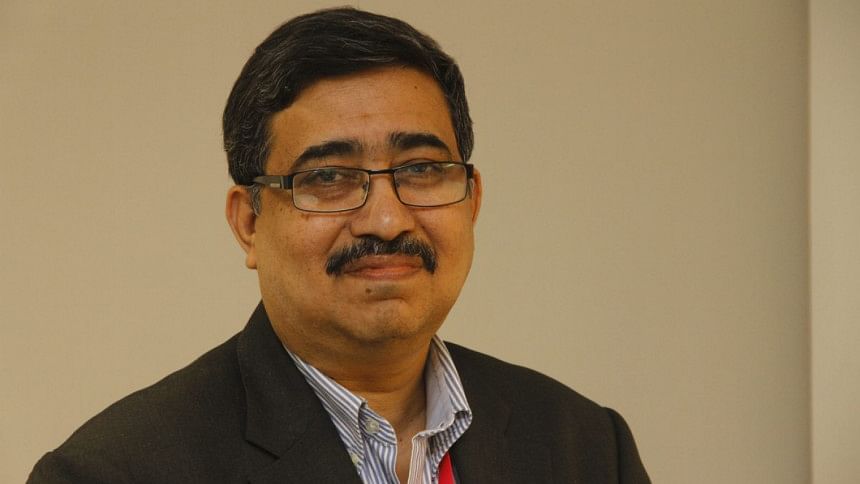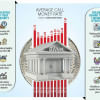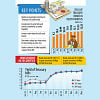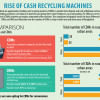How far a tough central bank can help?

All stakeholders, including the citizenry, have for years been warning about the deteriorating health of Bangladesh's banking sector. Hard data such as those on the prevalence of default loans have also been indicating the same.
A recent Bangladesh Bank report is the latest to reaffirm this disappointing trend. It says that between December 2020 and June 2023, thirty-eight banks saw deterioration with nine being in the "red" zone, meaning a "fragile" financial health.
These banks, along with 29 others that were in the "yellow" zone, are now in need of a supervisory watch. According to media reports, only eight banks were found to be good ones.
There have been debates about the tools used for this rating and the ultimate results. The very exercise not only may raise questions about the capacity of the agency to rate banks without getting into any controversy, but it has also created confusion among the depositors regarding the health of some known to be good banks. This is not at all good while the central bank itself wanted some weak banks to merge with some good banks.
Seniors have been talking about appointing good accountants to the board and more importantly on the regular payroll of the central bank or outsourcing the valuation, diagnosis or due diligence work to globally reputed accounting firms. The existing CAMEL rating has also become redundant to properly reflect the deep-dive weakness of the commercial banks in a vibrant market scenario.
Media reports and development partners have been continuously telling us that some banks have become very weak due to loan irregularities and scams. They alleged that some people have taken loans without the intention of paying them back and laundered the funds abroad.
Issues plaguing this vital sector naturally spill over and affect the entire economy as well as the business environment. Business leaders, therefore, have rightly demanded that willful loan defaulters be identified and punished.
Seniors at a recent meeting with the finance minister and in the presence of the central bank governor opined that full disclosure is vital for clarity at every subsequent stage. Interestingly, while some former finance ministers had hinted that they would make their identities public, some notorious names were found to be absent from the disclosed lists, raising questions not only about the sincerity of the effort but also their ultimate accountability.
The situation has not improved despite government promises to address the issue. Rather, it has worsened over the years due to regulators' weakness.
The regulators have time and again dealt with willful defaulters with kid gloves, bending their own rules to accommodate the interests of influential quarters. They have frequently overlooked irregularities and outright corruption giving rise to the issue of moral hazards where people have been encouraged to continue resorting to irregularities in the absence of any punitive action by the regulators.
Recognising the central bank's new roadmap for banking reforms, the authorities are again promising to rein in defaulted loans. The citizenry obviously remains sceptical, however. The issue, as always, is with the implementation of whatever strategy they adopt.
Previously, we saw regulators repeatedly ignore their own rules in the face of political pressure, often acquitting or hiding the quarters close to the regime. In order to really bring down default loans and improve the health of our banks, the authorities must not only strictly implement the new roadmap, but also ensure compliance, not treating anyone differently. Their commitment to good banks as well as championing good banking practices must be reflected through their actions.
The author is an economic analyst

 For all latest news, follow The Daily Star's Google News channel.
For all latest news, follow The Daily Star's Google News channel. 








Comments